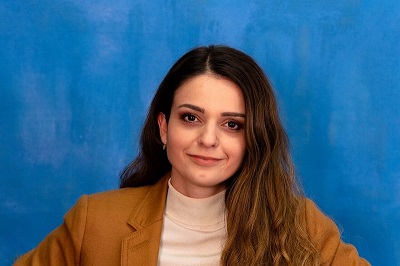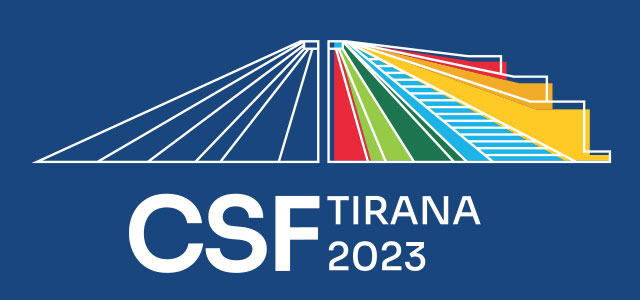Active youth participation is more than voting

Even though civil society and youth are among the pillars of democracy and one of the main actors in addressing important reforms and issues in the EU accession process, they still face obstacles which prevent them from exercising their full potential in the countries of the Western Balkans.
Western Balkan countries need to realize the importance of youth. As countries affected by brain drain, the WB governments need to create an environment of opportunities and dialogue for youth. In such a situation, youth rights and youth participation need to be among the priorities for the democratization of Western Balkan societies.
The topics discussed at this year’s Poznan Summit, as well as during the Conference on Youth, organized by the Romanian Presidency of the Council of the European Union, included the very issues faced by the youth, as well as the possibilities of improving their status and environment, and their rights and level of participation in the WB countries. Bearing in mind the fact that RYCO is a product of the 2015 Summit of the Berlin Process, prioritizing youth rights and youth participation further emphasizes their role and importance in the process of harmonization of European standards and democratization of societies.
In retrospect, with regard to the discussions at the previous Summits from 2016 to 2019, youth participation has been one of the main priorities to be dealt with, alongside civic education in formal and non-formal curricula, volunteerism, and representation of youth by political structures. A general remark on the discussions and recommendations, as mentioned before, mirrors the existing burning issues: reforms in the education system and in the legal framework for youth participation. The fact that more or less the same issues and recommendations are highlighted every year, indicates that the reforms are either: not being implemented or carried out with the necessary speed; not being perceived as important which renders their results almost unrecognizable, or, in the worst case, they are not being implemented at all. There is an expressed need for providing attention and focus in the development of the multi-faceted sphere of youth participation.
The Revised European Charter on Participation of Young People in Local and Regional Life in its preamble defines that “active participation of young people in decisions and actions at local and regional level is essential in building more democratic, inclusive societies. Participation is not only about voting or standing for elections. Participation is about having the right, the means, the space and the opportunity to participate and influence decisions in building a better society“. This brings about the conclusion that civic education and volunteering are essential to building inclusive societies, as they represent key elements in forming individuals who are responsible and active participants in society, thus helping them understand the importance of fighting against injustice and for democracy and rule of law. A youth legal framework helps in creating an environment which will aid and further enhance this participation.
After mapping the above mentioned spheres of participation as the main issues faced by young people in the WB countries, it is right to say that measures should be taken so as to improve the current situation. As stated in the recommendations that were given at the Poznan Summit, it is very important that civic education be introduced in the education system, “to develop the students’ abilities and skills of discussing and engaging in social and civic activities, non-formal and informal education and volunteering”, as integral parts of society. Furthermore, legal frameworks should be reformed in accordance with youth needs, as well as with their contribution. Last but not least, the EU should “explore opportunities for youth from the countries of the Western Balkans to promote their inclusion in EU programs and strategies”, further enhancing the key role of youth in democratization.
Ardita Vejseli, Project assistant at the European Policy Institute - Skopje
